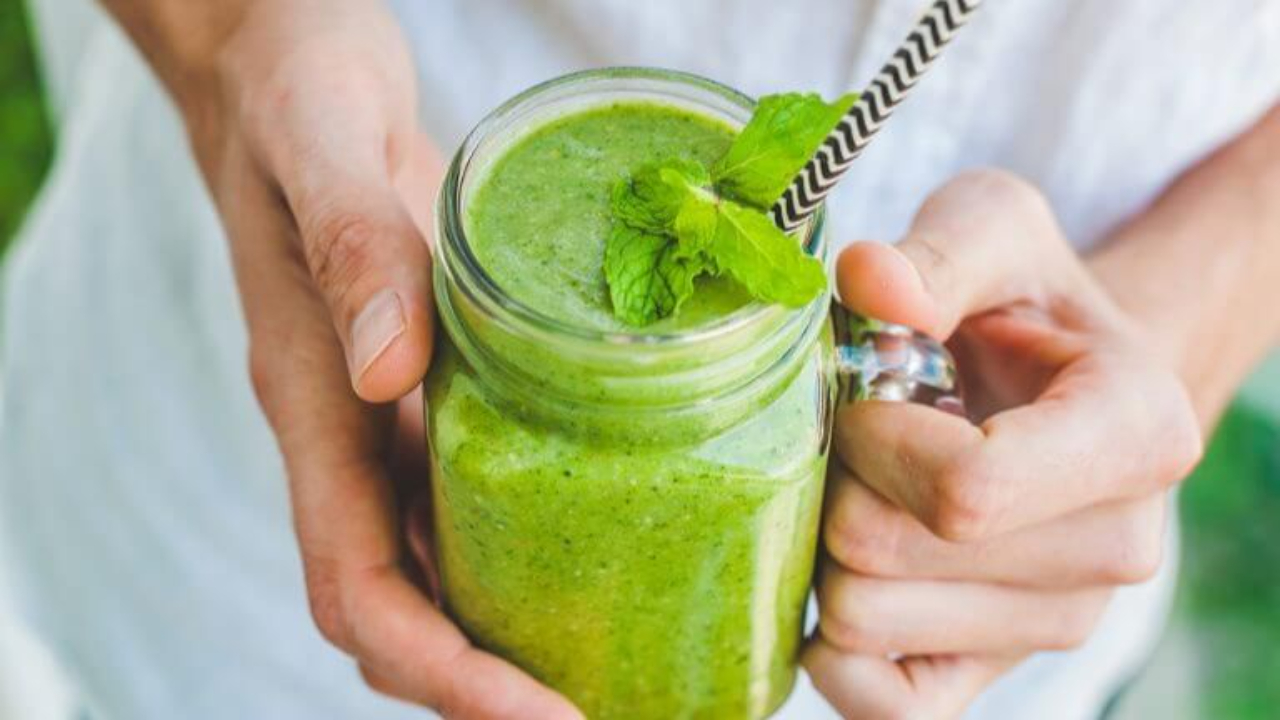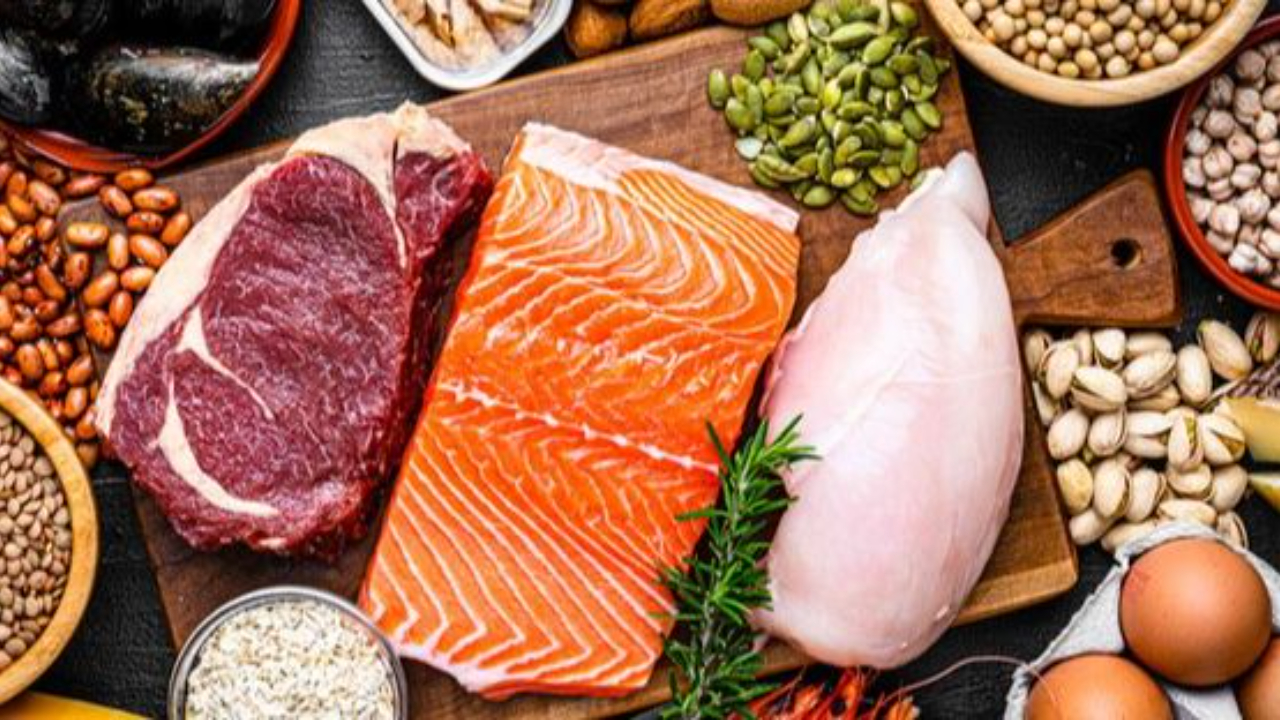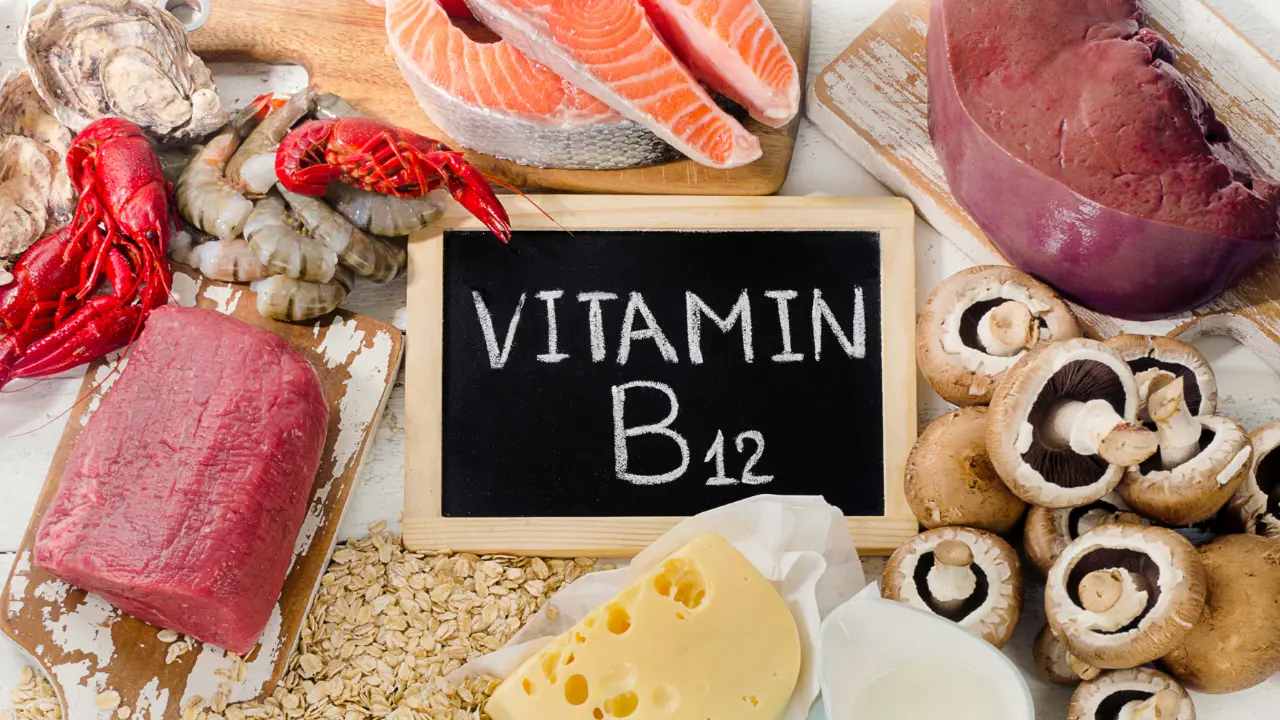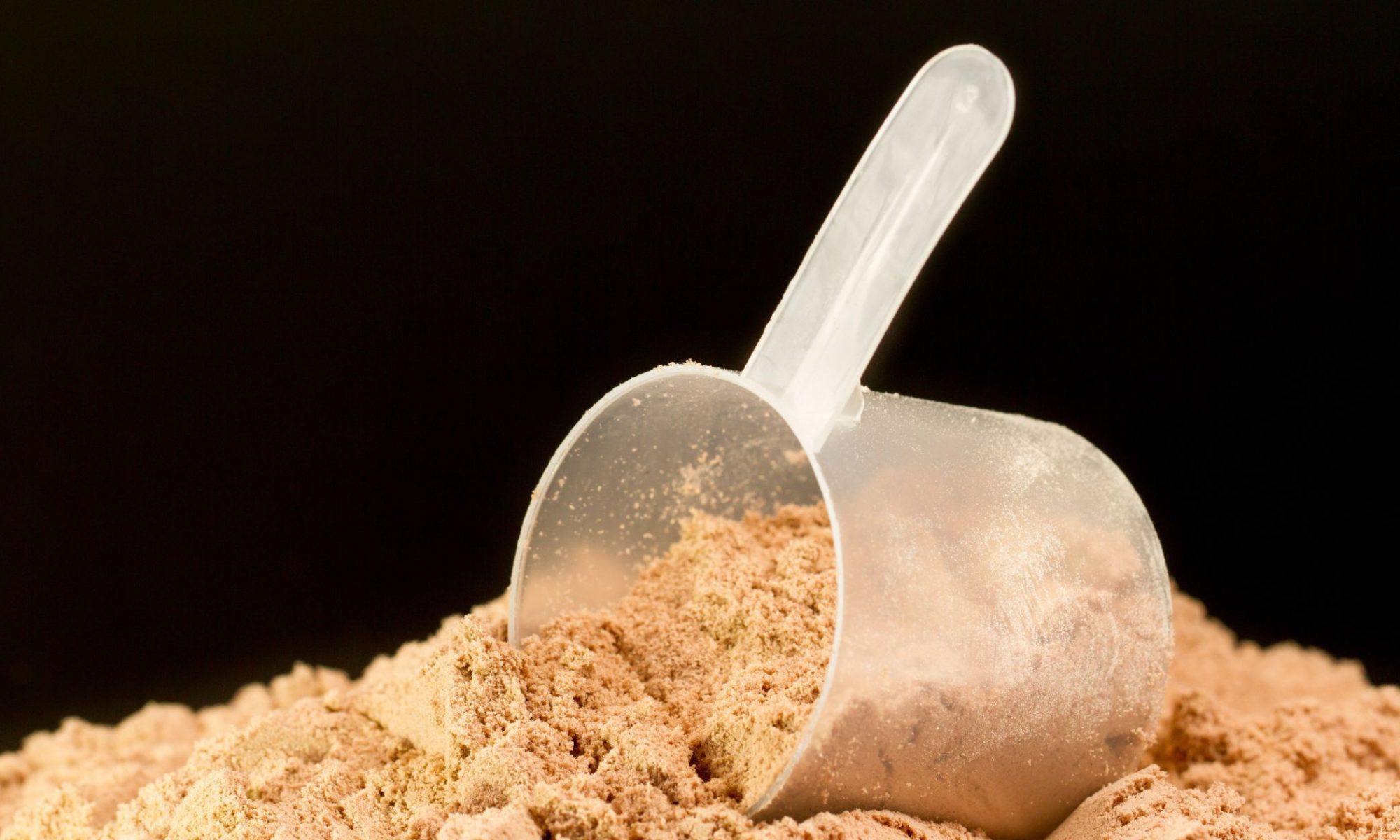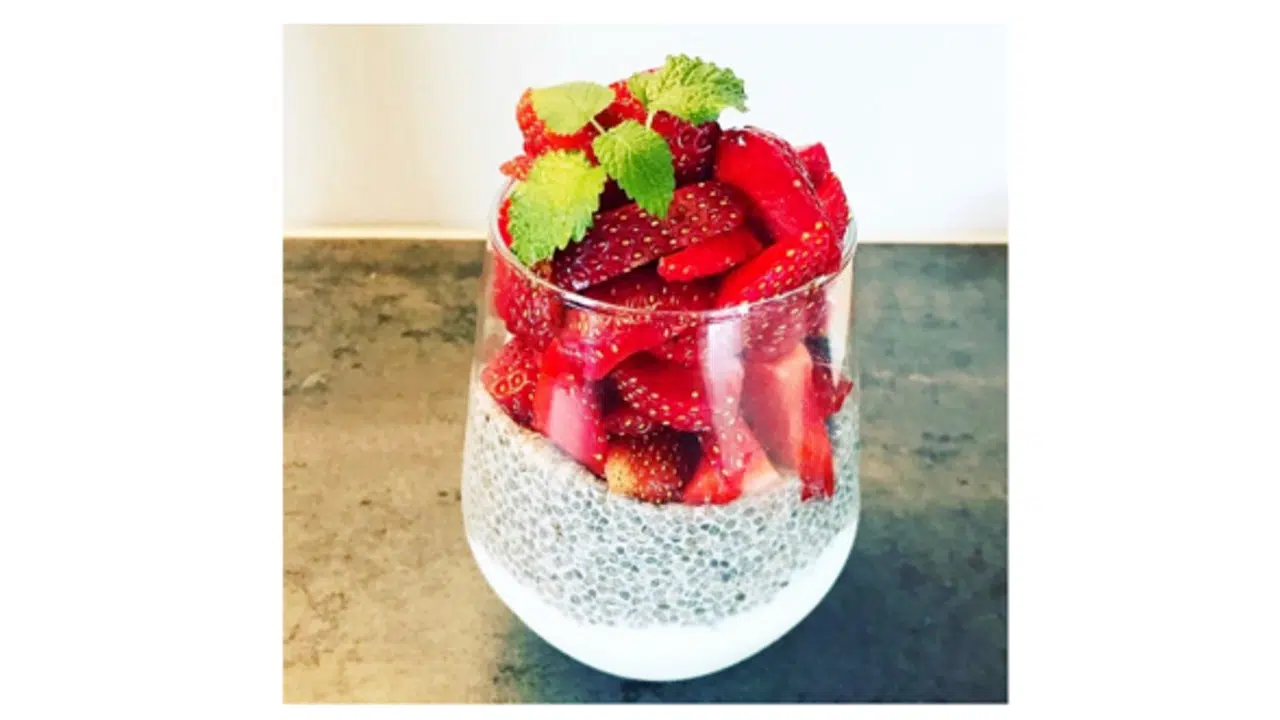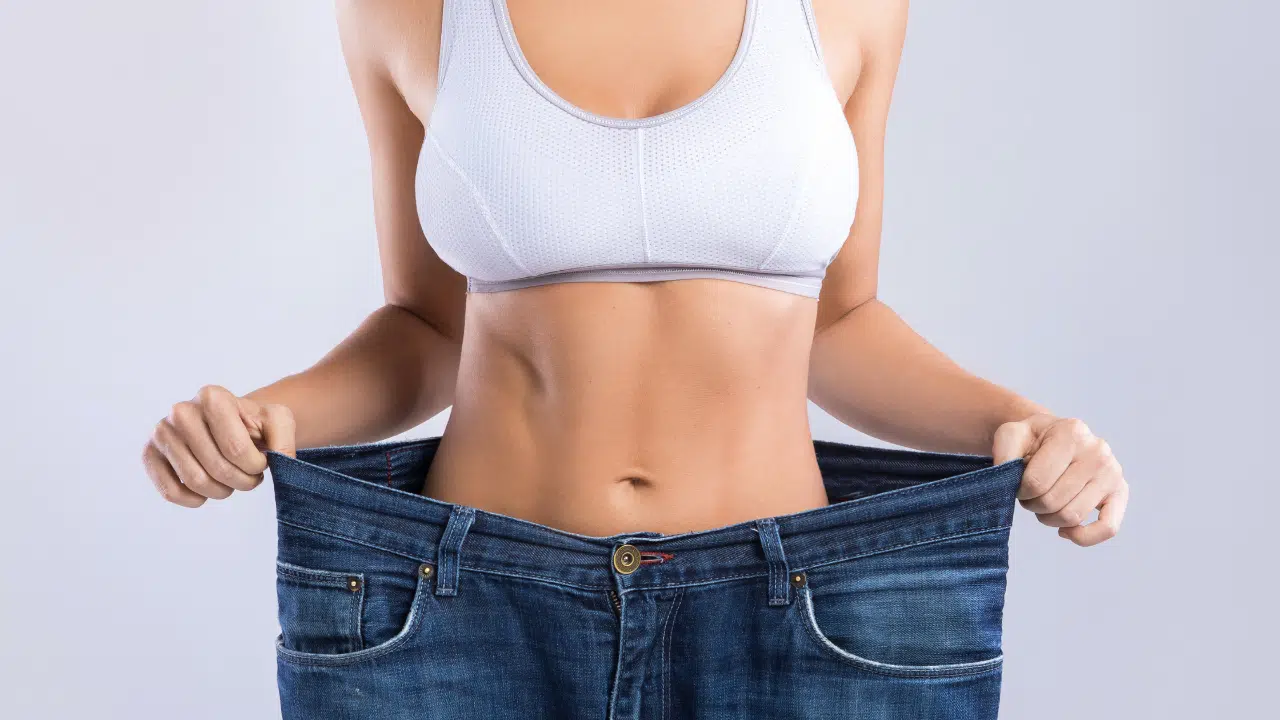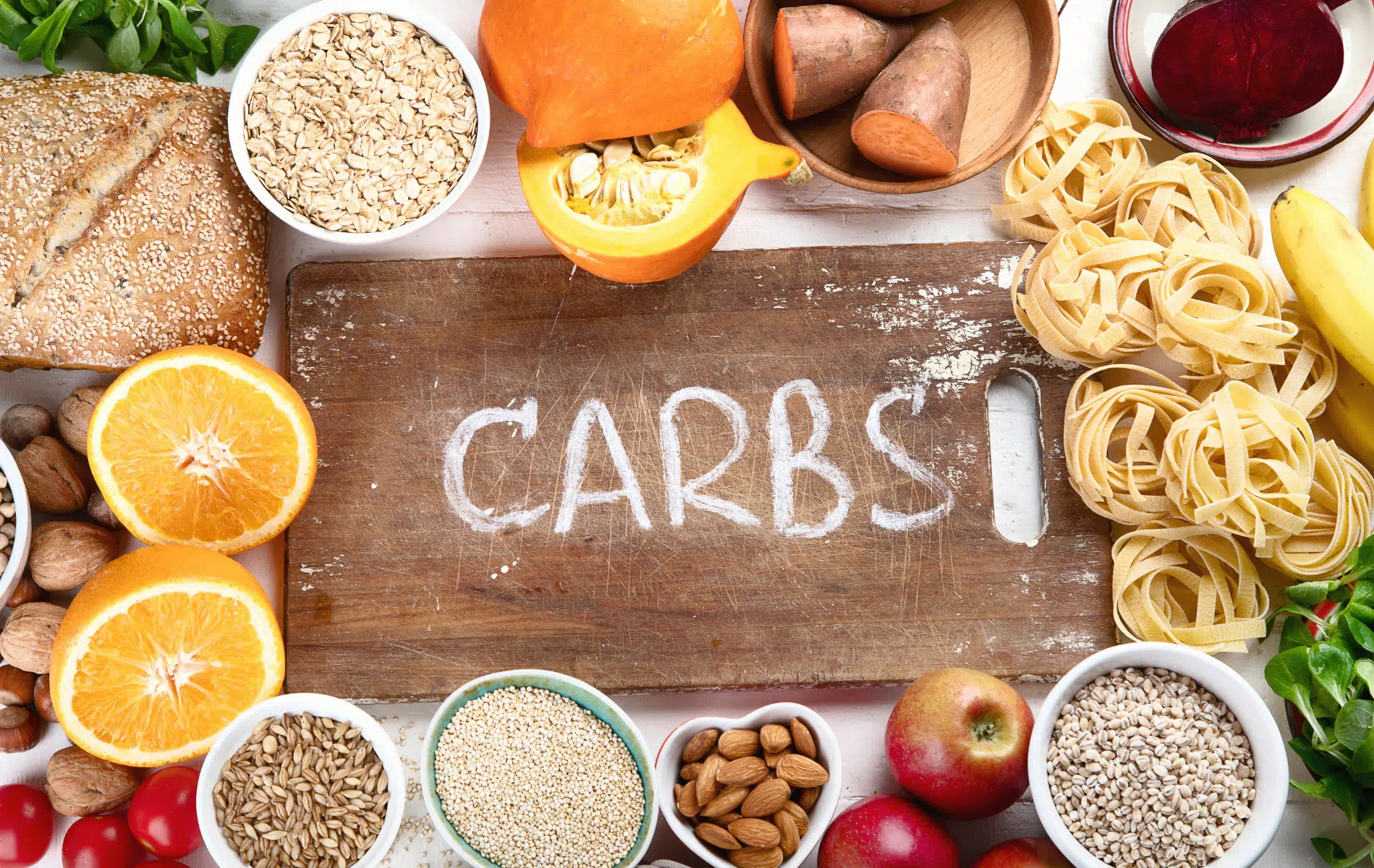We hear every day that sugars and carbohydrates are not good for us, and they can cause weight gain if consumed excessively. As a registered dietitian I hear that constantly in my practice. There is some truth and some misinformation in these claims, so let me explain further.
There are three types of carbohydrates: sugar, starch, and fibre, and they are all composed of sugar molecules. However, when we talk about sugar, we are referring to a type of carbohydrate called simple carbohydrates, which contain one or two sugar molecules. On the other hand, complex carbohydrates, such as starch and fibre, consist of many more sugar molecules.
Simple carbohydrates are quickly absorbed by the body due to their simple molecular structure. They lead to rapid spikes in blood sugar levels, and the body needs to work hard to regulate and remove the excess sugar. If the calorie intake exceeds our body’s needs, it can result in initial fat/weight gain. It’s essential to control blood sugar levels for effective weight management. Regularly consuming sugars in our meals puts us at risk of developing chronic and inflammatory diseases, including obesity, diabetes, arthritis, atherosclerosis, cancer, autoimmune conditions, and more. As you can see, sugar is not solely related to weight gain and dental problems. Additionally, sugar can create addictive tendencies similar to drugs, as it activates similar brain pathways and can lead to withdrawal symptoms when consumption is reduced. The more sugar you have, the more you’ll crave.
Complex carbohydrates, like starch, take longer to be digested and absorbed by the body. However, it’s still a relatively fast process. So, what can we do to reduce simple sugar content in our diet and still enjoy our food? After all, eating is one of life’s great pleasures, wouldn’t you agree?
The following Low Carb Tips are crucial to reducing sugar content in your diet, balancing sugar levels, and reducing inflammation in your cells while still enjoying your meals:
Eat a diet high in fibre. This will slow down the absorption of sugar from the small intestine into the bloodstream. Include plenty of leafy greens and non-starchy vegetables in your meals. Fibre also provides satiety without excessive calorie intake.
Include lean and clean protein in every meal. Protein will increase satiety and help reduce carbohydrate consumption. Dietary protein supports muscle growth, and maintaining good muscle mass enhances metabolism efficiency, aiding weight loss.
Avoid empty calories found in processed and packaged foods. Instead, choose nutrient-rich, fresh foods. Did you know that when your body receives all the necessary nutrients, sugar cravings minimise?
Opt for whole fruits instead of juices, dried fruits, or artificially sugary foods. Whole fruits contain fibre, which helps stabilise blood sugar levels and prevent weight gain (fat gain).
Increase your intake of plant-based fats slightly. Healthy fats nourish your cells and contribute to their proper functioning. Our cells are partially composed of fats, and ensuring their health impacts weight management and overall well-being.
Drink a glass of water before each meal. Water has no calories but provides a feeling of fullness, aiding in better food choices. Hydration is crucial for weight loss, as all bodily reactions are water-based.
Consider having a protein shake as a snack. Consuming an extra serving of protein per day increases satiety, boosts metabolism, and reduces the temptation to have sugary snacks.
Now you have a better understanding of what carbohydrates are and how they can impact our health, both negatively and positively. Always remember, we are what we eat and what we don’t eat. Let food be your medicine, and you will live a fuller and happier life.
If you want to have a personalised diet plan with all food groups and eat well for weight management or optimal health, book a consultation with one of the nutritionists and dietitians of my team in London. Click here to book now.


